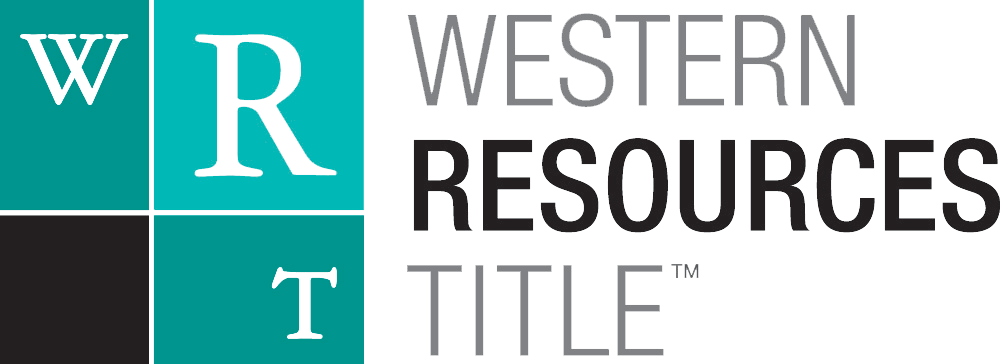Bankruptcy is a legal process to help debtors (people who owe money) get relief from the debts they cannot pay and, at the same time, help creditors (people who are owed money) get paid from whatever property or assets the debtor has that he or she does not need to live. Bankruptcy does not remove all debt, and there are certain types of debt that cannot be discharged (eliminated) in bankruptcy.
Q. How many types of bankruptcy are there?
A. There are three common kinds of bankruptcy cases, named by the chapter of the federal Bankruptcy Code that describes them.
- Chapter 7 is the most common form of bankruptcy for individuals. It is a liquidation bankruptcy, which means that the court sells all your assets for cash and then pays your creditors. You can keep assets that are exempt from sale either under federal law or the law of your home state. Chapter 7 bankruptcy can wipe out most of your debts. There is a “means test” for filing this type of bankruptcy. You must make less than a certain amount of money. Talk to a lawyer to see if you qualify for this type of bankruptcy. You cannot repeat this type of bankruptcy filing for 6 years.
- Chapter 11 is a reorganization proceeding, usually for corporations or partnerships because of its complexity, but individuals can file too. The debtor usually keeps his or her assets and continues to operate the business and tries to work out a reorganization plan to pay off the creditors.
- Chapter 13 is like Chapter 11 but for individuals. It is a repayment plan for individuals with regular income. Under this type of bankruptcy, you pay your debts off over a 3- to 5-year period and you keep your property. There are limits to how much debt and what type of debt you can owe to qualify for Chapter 13 bankruptcy. Talk to a lawyer to see if you qualify for a Chapter 13 bankruptcy.
Q. Are all debts discharged in the bankruptcy?
A. A bankruptcy discharge releases a debtor from being personally responsible for certain types of debts. So, after a bankruptcy discharge, the debtor is no longer legally required to pay any debts that are discharged. The discharge prohibits the creditors of the debtor from collecting on the debts that have been discharged. This means that creditors have to stop all legal action, telephone calls, letters, and other type of contact with the debtor. This prohibition is permanent for the debts that have been discharged by the bankruptcy court. You cannot discharge all debts in bankruptcy. Some of the most common debts that you cannot get rid of in bankruptcy are debts from child or spousal support, most student loans, most tax debts, wages you owe people who worked for you, damages for personal injury you caused when driving while intoxicated, debts to government agencies for fines or penalties, and more. For more information, read the Bankruptcy Code section 523(a)
Q. How long does it take to complete the process?
The length of the bankruptcy case depends on the type of bankruptcy you file. If you file a Chapter 7 bankruptcy, your debts can be discharged in as soon as 4 to 6 months. With a Chapter 11 or 13 bankruptcy, it can take as long as 5 years because you may still be making payments for some of the debts.
Q. Can creditors still pursue me during the process?
A. When you file for bankruptcy protection, the federal court issues a notice of automatic stay that stops creditors listed in the bankruptcy petition from pursuing you for any debts until the bankruptcy court lifts the stay. Although this may stop an eviction or foreclosure sale for a short time, it will not provide any long-term protection if you do not have any equity in the property. If, for example, you are a tenant with a month-to-month tenancy, you do not have any property interest to protect for the benefit of creditors, so your landlord can get a stay lifted very quickly. The same is true for a lender who is foreclosing on property where the debtor has no equity.
Q. Are any of my assets exempt from the bankruptcy?
A. The Bankruptcy Code allows each individual who files for bankruptcy to keep basic assets that are necessary for the debtor’s “fresh start” after bankruptcy. That property is the debtor’s “exempt property.” Each state has its own list of property that can be exempt. California gives debtors a choice between the state law exemptions found in Code of Civil Procedure section 704 and a set of bankruptcy-only exemptions in Code of Civil Procedure section 703.140 that mirror the Bankruptcy Code exemptions that were in the federal law when the California law was adopted.
For more information on bankruptcy and other options, click here.


